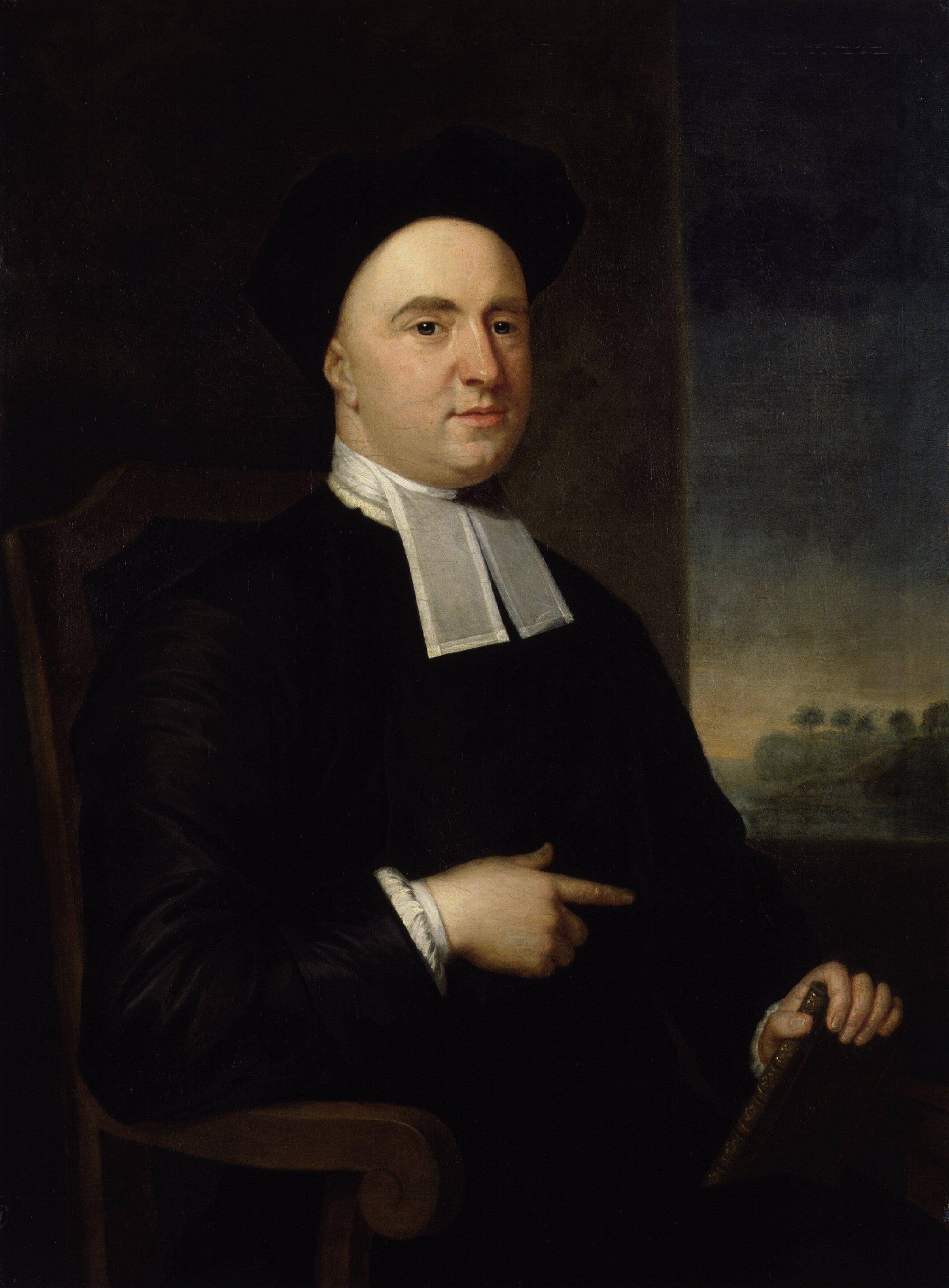“One of the most important frontiers for future (geographic) research is to investigate how the mind works. Great advances already have been made in discovering how the brain works. Indeed, one of the most intriguing investigations—from a geographer’s viewpoint—is the extent to which “place cells” exist…and form a basis for internal data manipulations that constitutes the mind’s contribution to solving spatial problems” (Golledge, R. (In Press). The future for spatial analysis. In S. Fotheringham & P. A. Rogerson (Eds.), Handbook of Spatial Analysis: Sage Publications).
Joshua Bell is an internationally acclaimed violin virtuoso. At the instigation of Washington Post columnist Gene Weingarten, Bell pretended to be a street musician in the Metro subway station L’Enfant Plaza in Washington, D.C. on January 12, 2007. The 45 minute-long performance of 6 pieces of classical music (played on a Stradivarius, no less) was videotaped, and, out of 1,097 people who passed by, only seven stopped to listen to Bell play and only one recognized him. He collected a grand total of $32.17 in tips—this by a man who earns up to $1,000 per minute for his international performances.
So what’s this got to do with spatial problems and how the mind works? Partly, it’s to do with perception, with cues that we use in our daily lives. In this case, it prompts the question, “if a great musician played beautiful music on the finest instrument available and virtually nobody listened, was the musician (and/or music) any good?” The 18th century philosopher, George Berkeley, would have argued that this is a case of an idea, such as beauty or value, being dependent upon being perceived by the human mind for its very existence, a belief summed up in his famous dictum, “Esse est percipi” (“to be is to be perceived”).
It’s also to do with simply being ‘out of place” in a subjectively spatial sense. Bell regularly “brings the house down” when he performs in international music halls–he’s well known for his virtuosity (and his good looks). But spatial cognition relies upon spatial landmarks, and context makes a difference—we all know how important presentation is in terms of perceived value. The 1,090 people who ignored Bell weren’t necessarily unable to appreciate outstanding music; more likely, they didn’t notice it or its origin because they didn’t expect it in such a setting, couldn’t relate a busker wearing a baseball hat in a subway to a virtuoso wearing a tuxedo in Carnegie Hall.
Besides, they were busy. “In his 2003 book, Timeless Beauty: In the Arts and Everyday Life, British author John Lane writes about the loss of the appreciation for beauty in the modern world. The experiment at L’Enfant Plaza may be symptomatic of that, he said — not because people didn’t have the capacity to understand beauty, but because it was irrelevant to them. ‘This is about having the wrong priorities,’ Lane said. If we can’t take the time out of our lives to stay a moment and listen to one of the best musicians on Earth play some of the best music ever written; if the surge of modern life so overpowers us that we are deaf and blind to something like that — then what else are we missing?” (from Weingarten’s famous Washington Post article, “Pearls Before Breakfast.”
Editor’s note: Weingarten won the 2008 Pulitzer Prize for feature writing for his article on the experiment, and most of the details above are taken from that source. For more about Joshua Bell, see his web site.



